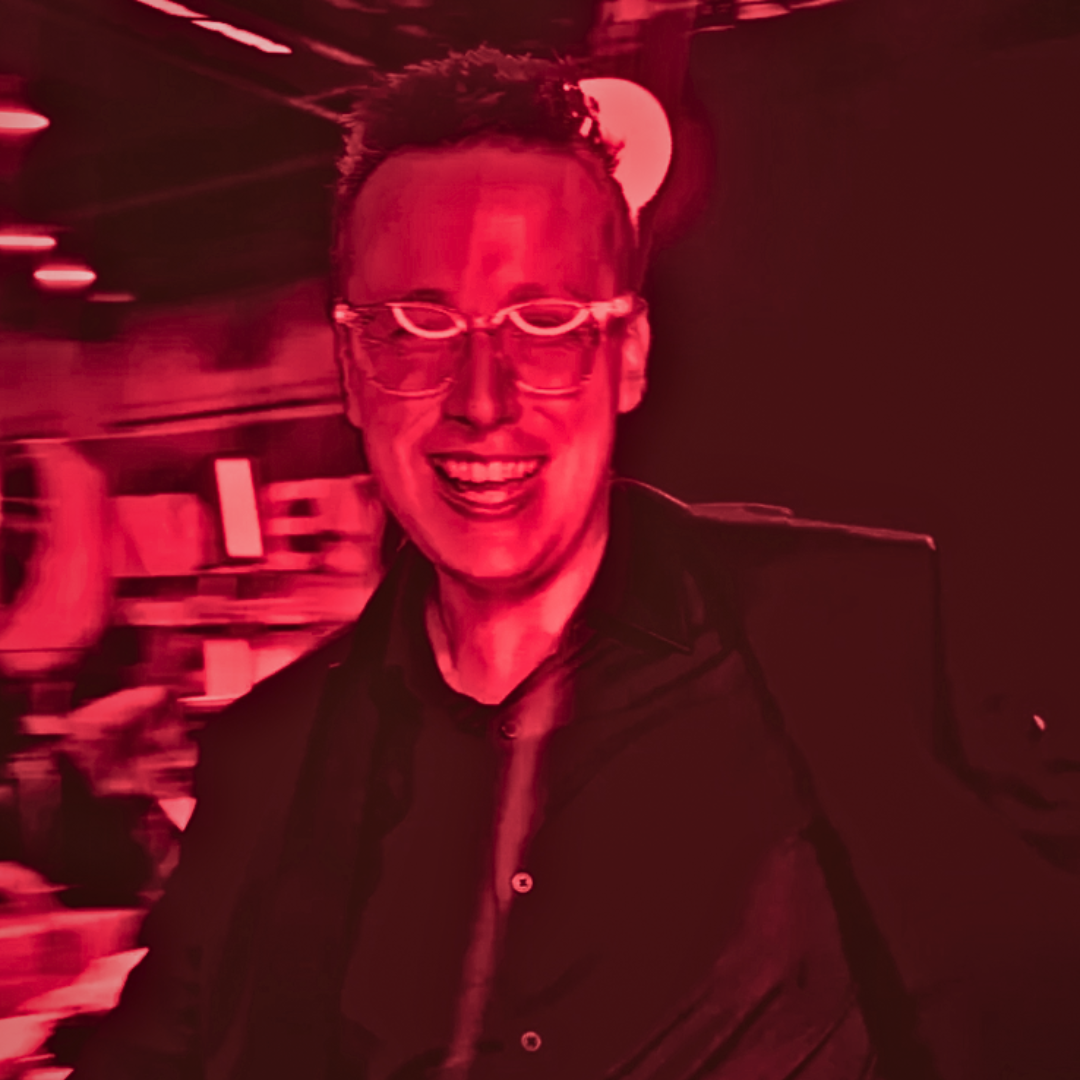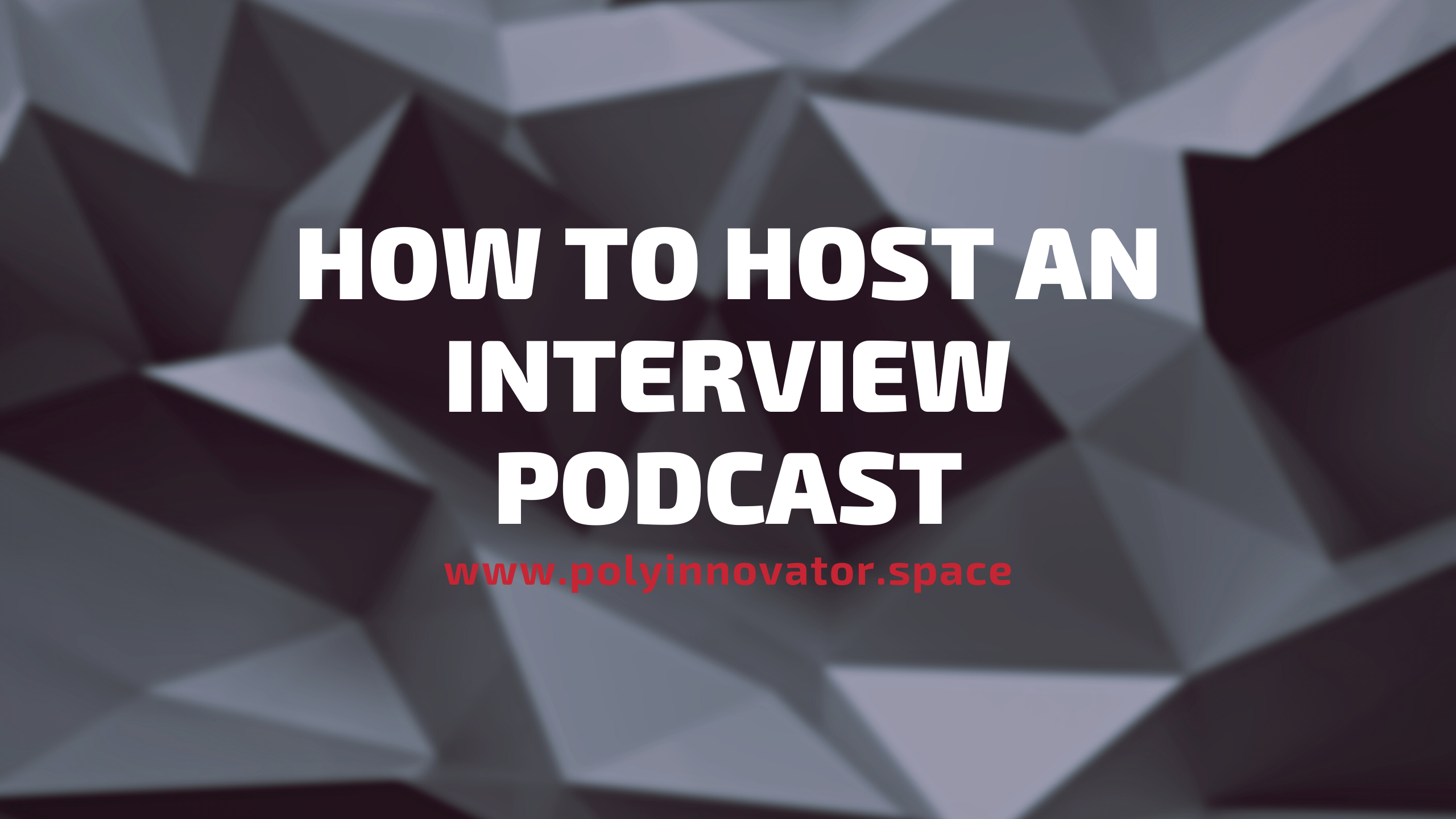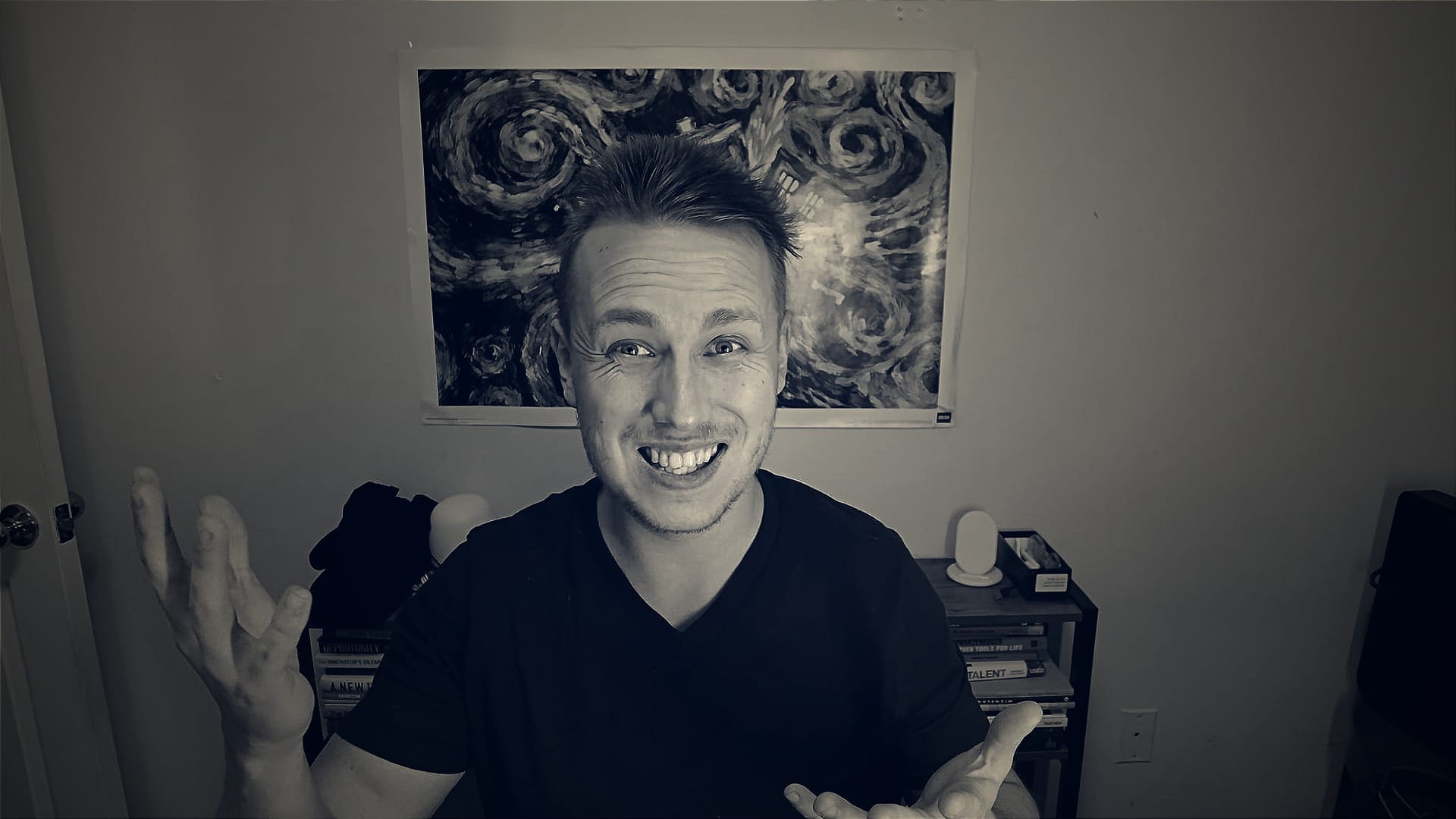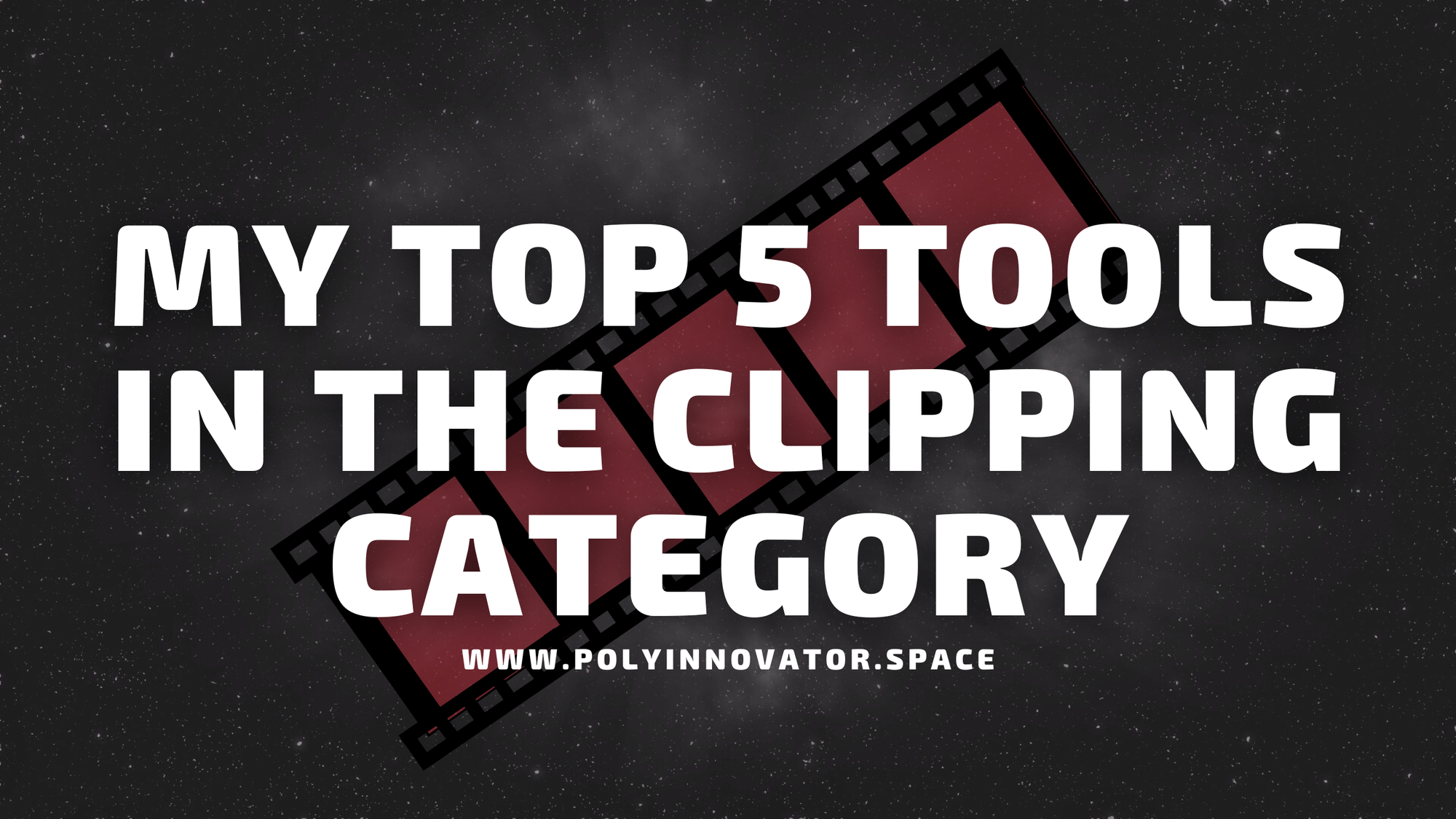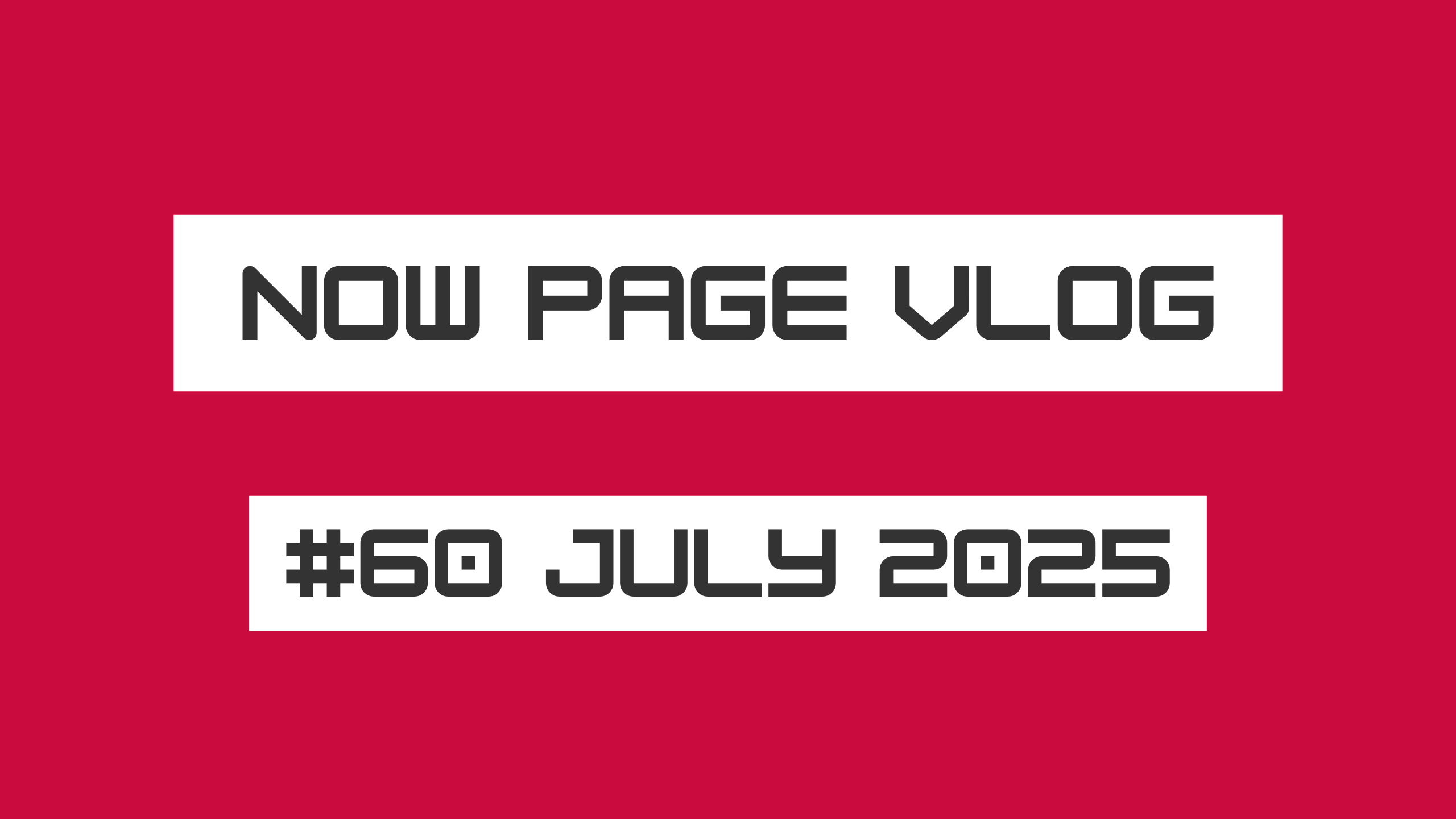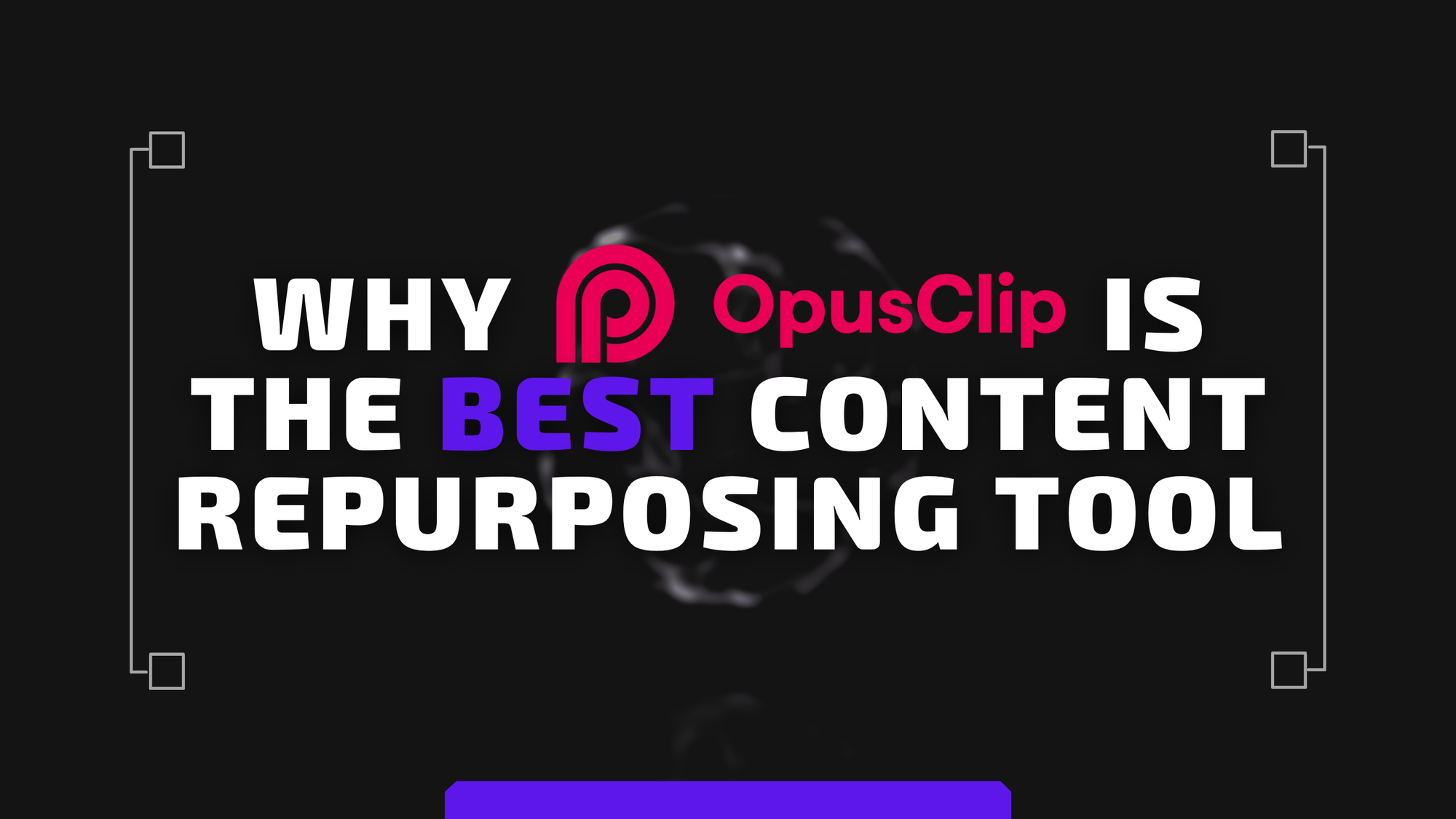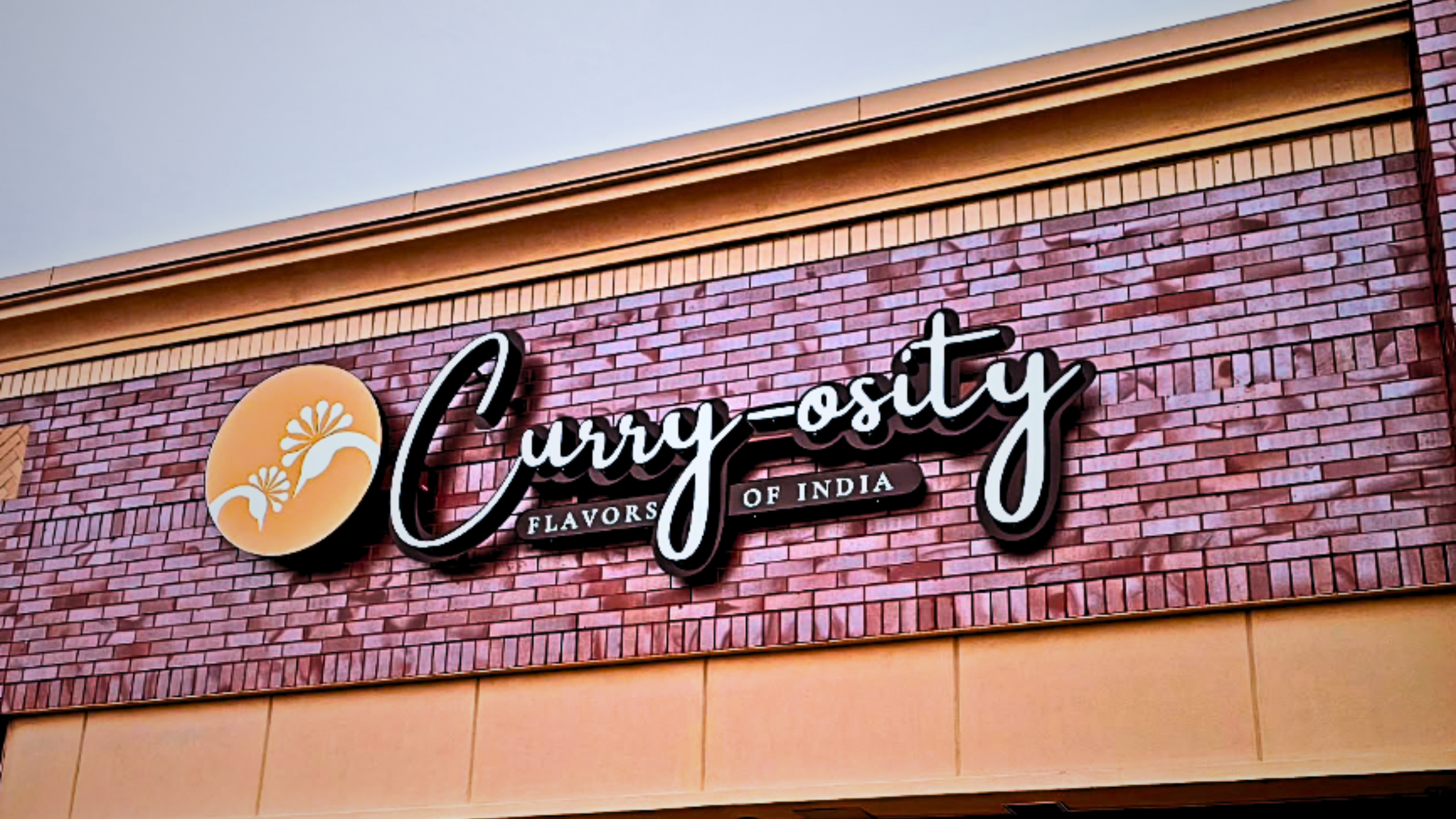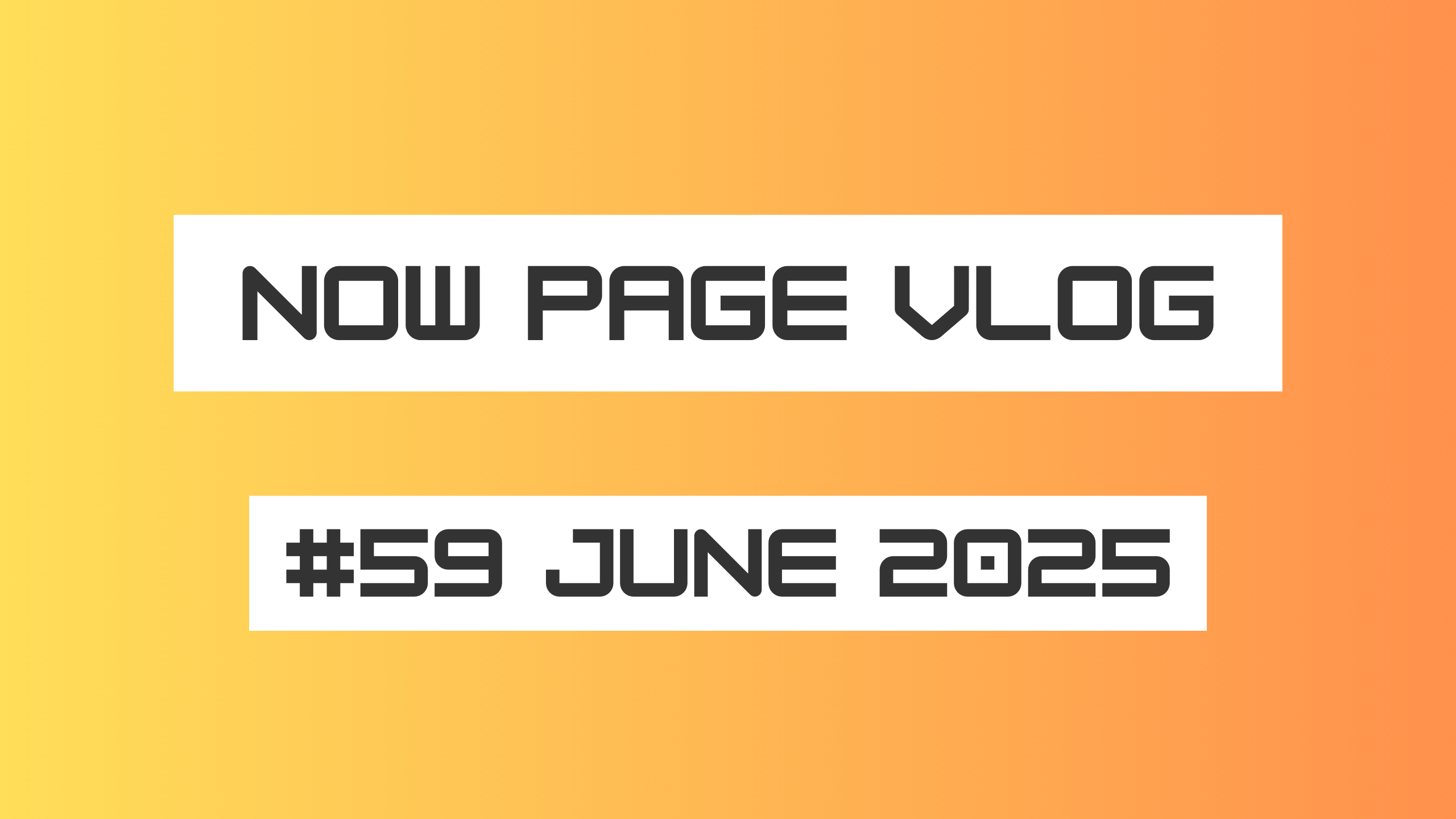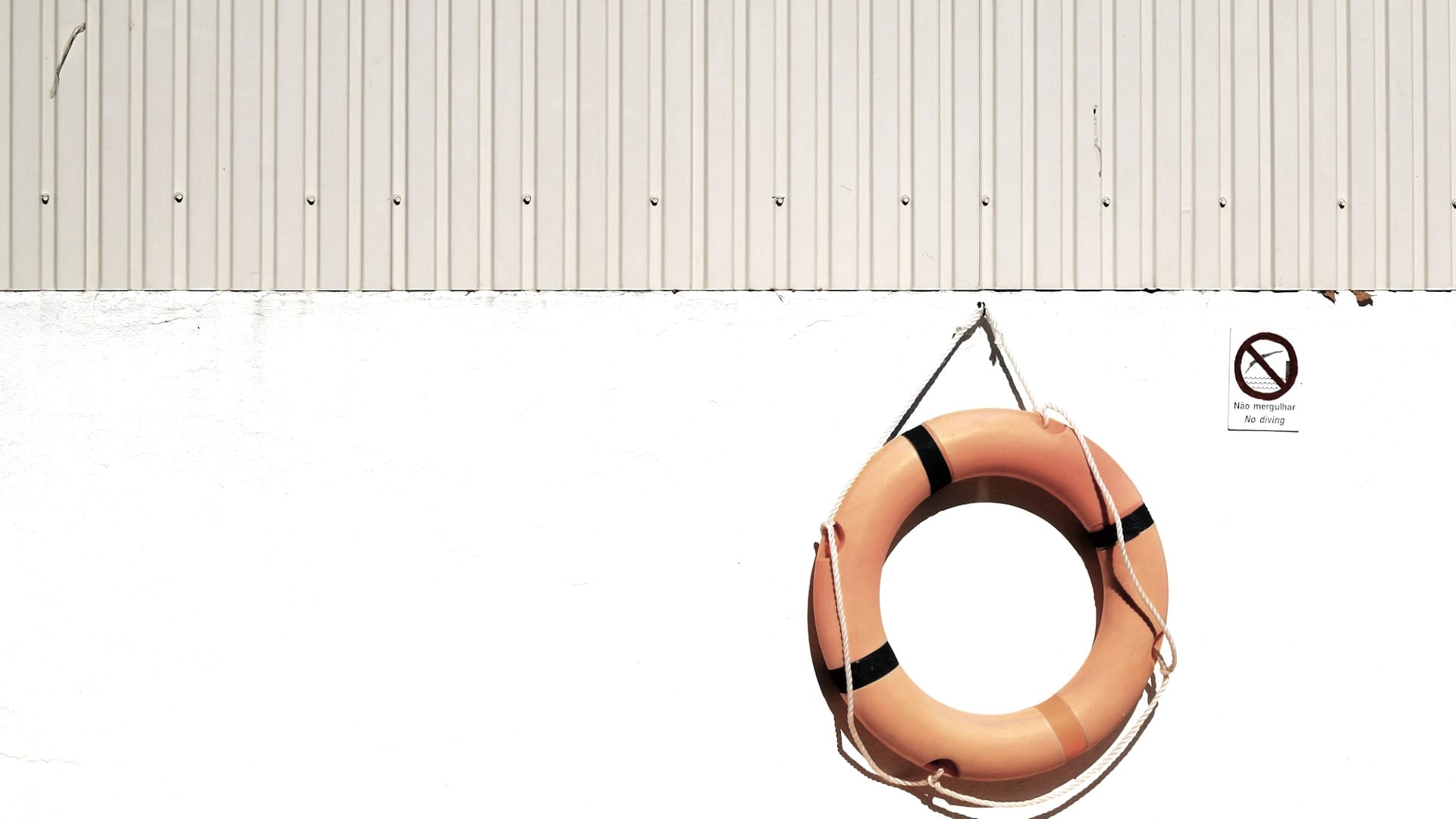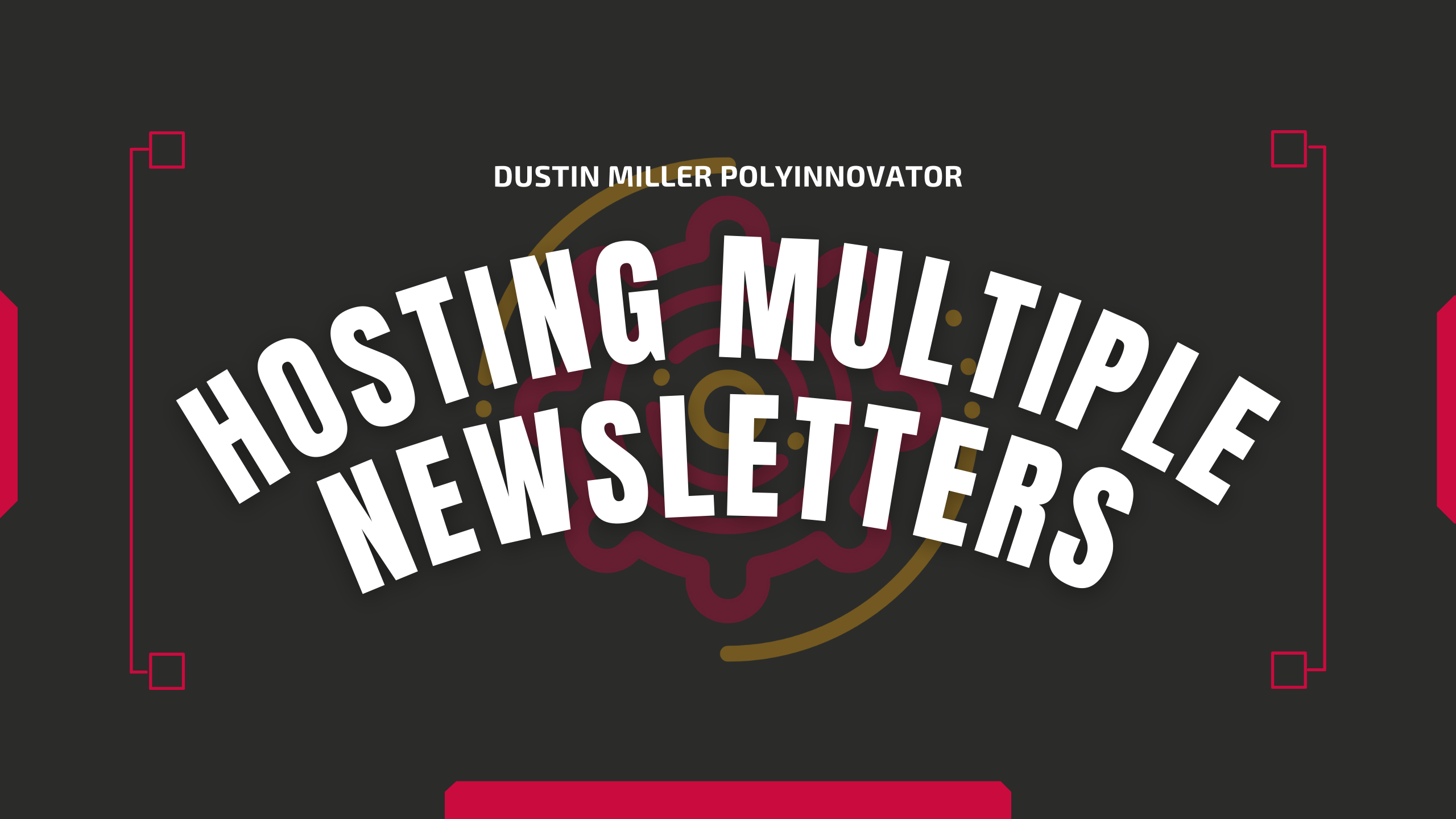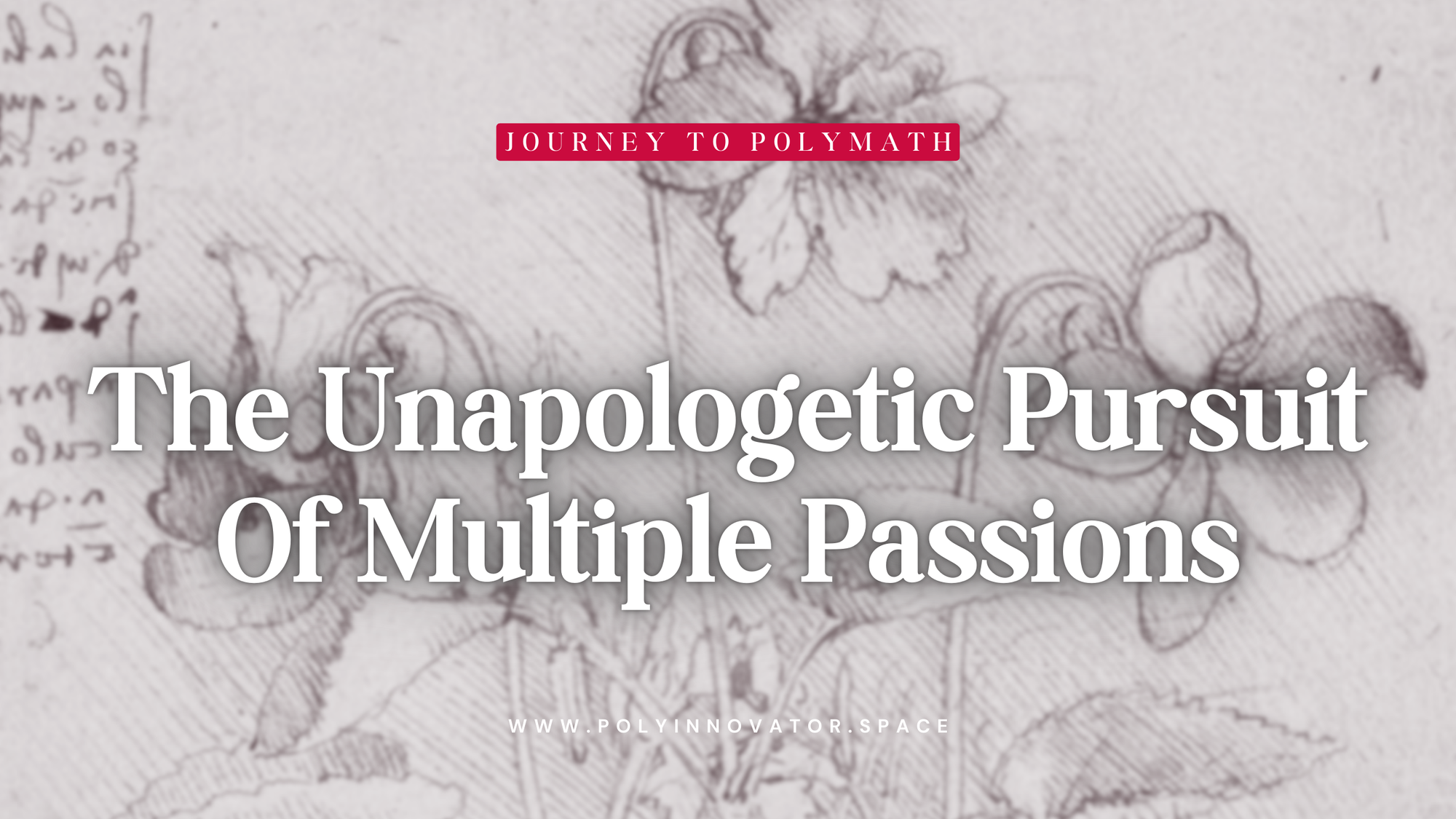Now I was watching an interview of the great Tim Ferriss, on a wonderful podcast by Colin and Samir. I highly encourage you to watch it, especially if you are interested.
Now being a good host has many things to take into account. I'm going to break it up into three sections: before the interview, During, and then after the interview.
This post will be broken up between Tim's thoughts in quotes, and my thoughts after. While I ways to improve myself as a host, particularly when it comes to the post interview part, the way I do things is top tier as well!
Quick Sidenote:
I spent too much time before doing interviews trying to learn how to do it, and in doing so I feel I was better prepared than most people. However there were still lessons to learn AFTER you get started, so the sooner you start the better.
It was really amazing to me when watching this video podcast because I realized that I do a lot of the same things Tim does in his strategy. Though I am 400+ episodes behind in scale, let alone not nearly as huge.
Before the Interview
Establishing a rapport with a guest is really key to having a great interview. Now depending on how you got into contact with them you can sometimes chat via social media beforehand.
However for the most part the actual call or in person meeting, will be the first time you actually get to talk.
Before you even get to that point you want to make sure the person is actually good for your show.
Vet the Guest to make sure they are a good fit your audience and show
Getting the guest, is playing the long game. Arnold took a year and half, in terms being in contact with someone on his team. Hugh Jackman, took more than two year. Jamie Foxx, probably 2 year plus?... A listers look for credibility.
I had a few guests, some of which were some of my most engaging interviews, that took months if not a year to get them onto the show. Was it worth the wait? Hell yeah!
Even this week I had a couple guests push back the recording date. Which to some might seem rude or something, but to me they are just trying to make sure they are in the best state they can be before coming on. It is a respect thing, and you have to see it as that. Same for those "big time" people. They often have a much busier schedule, and you have to work around that as best you can!
Make sure the guest is actually good for your podcast
Now this quote didn't really touch on whether not a guest is good for your show or not. However that is something you have to decide. Personally for a multidisciplinary person to come on they have to have at least 2-3 areas of knowledge for the episode to really be interesting. Given the context of being polymathic after all.
I often relate entrepreneurs to wearing many hats, so early on I had a lot of them on the show. Since then off and on people who were entrepreneurs. However I've had a dozen or so entrepreneurs/business people ask to come on the show.
However they brought nothing to the table, and solely wanted to promote their book or business. Some of them didn't even read the description of the show itself.
At which point you just politely say hey I don't think we are a good fit to meet. I always try and make sure I reply back.
I'll typically ask the guest what their favorite long form interview they've done. Review those.
This is something Tim said that really stuck out to me. I personally go through almost all of the interviews a guest has gone on. Or I at least try to! Given that some guests have gone on a TON of them, by asking this question you can narrow down the search for which ones to consume before having them on!
Having a Set of Policies for your Show
We can record whenever is easiest for you, we can do remotely, anywhere in the world. We're not gonna do video. (that is a selling point).
Personally I have never done an in person interview yet, and all of mine (most of Tim's) have been remote. I started during the 2020 quarantine, and so everyone was home.
I decided I wanted to do video from the beginning, and that is a big deal to me as a host. I have had only ONE guest do pure audio, and that was because this person literally has not revealed their face before. I thought you know that is a good freaking reason to do just audio.
If it meant I was able to have someone like Naval on the show, who is infamously hard to get onto podcasts. Then yes I'd do just audio if need be.
If someone asked me, then I would highly consider it for their sake, but I do really want to stick to the format already established. Stay true to yourself and your show, but also be open to making your guests comfortable.
I'll even say: You have final cut. If we record the whole thing, and you're not happy with it. Just can it.
I don't really believe in deleting content. However I've been on upwards of 70+ podcasts myself, and there was one that just felt off. The host kept asking me really personal questions (with NO rapport built up), and the whole episode was just sad.
It made me FEEL bad, and I asked him to just scrap it. Now I never want one of the guests who come on my show to feel that way, and I do my best to make sure I avoid any deeply concerning topics if it means making the guest feel bad.
Expressing a sad memory is different, but if they ask me to cut that part out I will.
Research, Research, Research
Go to for instance wikipedia, or profiles, and look for tiny mentions that were glossed over or not expanded upon. I might start the interview with something like that, especially for someone who has been interviewed a lot. So that they go: Oh, this isn't an autopilot interview, you did your homework!
I learned from Lewis Howes when I first started, and it was monumental help to my mindset and podcast flow. I think this is the link that I used:

Now as someone who already loved to research I had no problem with this, but one thing that Lewis brought up that stuck out to me was:
“The pre-show is the show.”
How you prepare is how the show is going to go. If you just randomly talk to the person with no goal in mind, then it is going to show in the end result.
Now I'm going to paraphrase a story he mentions about the late Kobe Bryant. He managed to snag an interview slot with him, but the manager was saying oh you get like 10 minutes, that's it.
Lewis encountered him in the hall right before the interview, and managed to spark a small conversation around I think football or some other sport that Kobe did when he was young. Obviously Kobe was known for basketball, but the fact that Lewis knew his history like that, even just a small tidbit, it proved to Kobe that he cared about the interview. Not to mention cared about him, and what he had to say. It showed that it would be a quality and fruitful conversation.
So when they actually sat down to chat, Kobe said take all the time you need. Let's do this talk for real. All because Howes prepared himself, and genuinely was curious about the guest.
I will look at their favorite interviews, to identify their "greatest hits". In a sense. If anyone has been interviewed for a period of time, they have material... I'm basically looking at the netflix comedy special, and seeing what I would put in the trailer to try and get people to click?
This is something I've noticed as well, and my philosophy is a bit different though. Each guest who has been on more than say six podcasts generally has their lines down to the last word prepared.
It is great, and I do it too myself when I go on a podcast that isn't asking anything novel. However given the point of polymathy is to share curiosity, and to explore multiple domains. I think that gives a clear indication on the fact that this show, this interview, isn't going to be like the others.
I try to go out of my way to only include novel questions. However I have done follow up questions to answers I heard on OTHER podcasts. I think that is an interesting take.
Pre-Show Checklist (Right before the recording)
I will ask them if they have any points or topics they will like to explore.
This is a really interesting idea, I might even steal it myself, as it gives the guest an opportunity to add their input to the show. Beyond just answering questions.
Spend 5 to 10 minutes just talking. Let people limber up. Myself included.
Honestly, I may be an ambivert, but my extroverted side takes over during the interviews. I really love the pre and post chats of the interviews. They lead to a connection being built, and if you can build one before the show especially, then the interview is just that much greater.
I've had some interviews where we literally talked for an hour or two AFTER recording.
Here is my preshow checklist, cut straight from my template:
Now I may not say every one of these every time, as some guests are more eager to get started than others. I always mention the first four:
- Mention: Everything is pretty relaxed.
- We am not recording yet.
- Did you get a chance to read the questions?
- Do you need to run to the bathroom or get a glass of water?
- In an effort to save me a ton of time editing, I would like to ask try to be mindful of how much you say um or uh. I understand it is totally common, especially when trying to get that train of thought!
- Are you on a time limit?
- Would you like to chat first to feel more comfortable or jump right in?
- When we start there will be a few seconds of silence, then I'll start the short intro. I found that doing it with the person there allows you to feel acknowledged, as well as give an idea of where we might head in. So I try to keep it short and sweet, as to not waste your time!
- Do you have any questions before we get started?
- One last thing, is there anything in particular that you really want to share? [This is similar to Tim's "topics to explore" question]
One thing I've noticed is that the "um or uh" bullet point, it can be a blessing or a curse. By mentioning it in the first place, it can be a self fulfilling prompt. By making them notice the uhhhs, they sometimes do it MORE.
Making sure the person has a comfort level established in the beginning.
Something me an him both do is mention "this isn't live", if you need a bathroom break, or to repeat something in a better way, that is fine.
He'll mention that "you get final cut" if you don't want it, we can scrap it. I take a slightly different approach. I don't give that full power because pretty much every interview has been good. It seems like a disservice to people if we just scrap it altogether. Perhaps rerecord it? Sure, no problem.
If you have chunks you really don't want in the episode? Sure, I'll cut them. I had one guest who didn't really say anything out of the box per se, but wanted to cut just in case for their own reputation. I was happy to help.
Send the Link and Questions ahead of time!
While I do not want guests preparing answers ahead, as that ruins some of the natural rhythm. Some people want to prepare ideas or bullet points, on their answers ahead. That way they have an idea of what they are going to say.
Plus it isn't really nice as a host to just make everything all a mystery.
Also sending the link via email MANUALLY is really key. I've had some interviews where calendly didn't send the meeting link right, or it went to spam or something. They weren't able to get in. I sometimes even send it just in case via social media as well, and that helps.
Have the guest listen to one of your previous episodes as well, they may not all do it, but the ones that do will get a sense of your podcast flow. Also I have a "secret" question I ask all guests before the actual questions. Most guests don't expect it, and so it helps break the ice, but if they did their homework they'll know about it ahead of time!
During the Interview
Now this is the first thing most people think about when it comes to the interview process. Obviously it is the meat of the whole thing, so it has to go well.
Though a few points to make, if you prepare well, then you have nothing to worry about. If you make the guest more comfortable, then you should also make yourself comfortable as well. They will sense your nervousness.
If it isn't live then mistakes are okay, and you can just edit them out later!
Breaking the Ice or Snowballing Comfort?
I want them to be comfortable; I don't want to flood them with novel questions right off the bat... I don't want them to be knocked on their heels too quickly.
You build up comfort with the pre show checklist, immediately alleviating their fears, if say they are nervous on camera, or aren't used to being on recordings.
Your chat can warm them up before the actual deep dive.
Finally, if you ask them questions they know the answers to then it becomes easier.
HOWEVER, I throw a small curveball as the first question. This is because if they get past it, then anything that comes after is much easier. It is an idea I took from John Lee Dumas from EoF podcast. I send over the main list of questions ahead of time.
The prompt is "Share something about yourself, that no one knows about you.". Now do I care if NO ONE has heard about it? No. Honestly, it doesn't have to be a deep dark secret, but some guests take it that way. That is okay. To be frank I have no expectations for that question, and the guest can take it as seriously or lighthearted as they want. Do I tell them that? No. Well maybe if they are struggling with it, as I don't want it to waste time from more important questions.
Sometimes I get really amazing answers from it, and basically any question that comes after it is far far easier. So while it breaks the snowball effect that Tim Ferriss aims towards, for me it makes things flow better in the long run in my experience.
...with some guests I'll do that but very few [asking novel questions right off the bat].
Some guests have been on so many shows, that it is almost disrespectful to ask them the same questions. They might've come onto your show FOR THE NOVELTY.
Maybe not.
Either way, if they are experienced podcasters, then you might as well take advantage of that. Sometimes they are even hosts themselves!
You can skip to some of the more juicy or unique questions at this point, and that can lead to a really unique piece of content that is good for everybody.
Architecting the Conversation
I'll ask the guest what will make this time very well spent for you?... that can inform how I architect/direct the conversation.
I honestly might change my last pre-record question to that one because it is a lot more powerful than is there anything in particular you wanted to talk about.
I like to think of it like cycles or circles, and I think Samir mentioned this in the video above too. You might have a follow up in mind that you want to ask, but you're gonna have to put it to the side.
Especially since you should be active listening to the guest. That was one skill I had to proactively learn every time.
In my experience there are often about 3 main topics that crop up, and I almost never follow my list of questions to a tee. I jump around, ask some questions based off the guest's answers, and follow the flow that is forming in front of me.
By the end of the call too I often find the title of the episode as well.
It is okay to make mistakes
If you want to restate anything, you can just stop, and then restate. We'll fix it in post.
Riverside.fm my recording tool of choice, doesn't actually have a pause button, so I just cross my arms in an "X" and that indicates to me editing later to cut it.
Sometimes there are tech problems, sometimes your guest needs an extra moment to think. That is all okay, and everything can usually be fixed in the post production.
Sidenote:
While I know this may come across as boastful, it is not meant to be that way. I'm literally trying to just share as much information as possible. As if you know where I'm coming from, it may help you realize where you're at in the process.
I started out I think pretty damn well. I knew I had a lot to learn, and heck I didn't even know how I'd get started doing the interviews themselves/finding guests. Thanks to matchmaker.fm I found people to get me started. Also worth mentioning Podmatch. Tim said "there is a lot behind the scenes, a lot of set up", and he is right. The nights I spent scouring the web, trying to figure out any piece of the interview flow I might need to know. Like I said earlier I probably spent TOO MUCH time learning, but I don't regret doing it for a second.
I taught myself the During the interview process, at the beginning. I actually already had the Before the interview process down. I love love love to research, and translating that into researching a guest was easy. I watched a couple videos by Tim Ferriss, Lewis Howes, and John Lee Dumas about how they do their preparation. I was set on the pre show process.
However where I lacked, and where I'd say I'm still lacking in action; Is the Post Interview process. I know for the most part WHAT to do, but I'm usually burned out from it all that I get lazy. However marketing can be one of the most important parts, and it may be the reason why my show hasn't grown nearly as much as it should.
After the Interview
Now during the interview shared at the top, Tim didn't really go into the whole marketing process.
This includes the posting, sharing on social media, making and sharing clips, maybe quote images, and more.
Post-Recording Questions, and Conversation (right after recording)
I often have two things after the call. I ask them if they have anyone in mind who would be a good guest for the show. I need to do this more often, as I sometimes skip over it or forget.
The second thing is that I ask them when it comes out to share it to their social media. It is good to ask them while they are still in that happy state from the call. They are more likely to do it later on.
This is also when I tell them that I'll be sending them an email with the links when it comes out. If I have an idea of when it might, then I tell them. Though be careful with this because you don't know what might happen. Maybe you get overwhelmed and might post it a week later than you said or something.
Editing can be harder than you think
This is a skill I'm actually pretty good at, as I started doing videos well before doing interviews. However I hate doing it. This is literally one of the first things I'm going to delegate as soon as I can afford to hire someone.
Maybe even using Gling.

Be sure to communicate with your guest
This follows up on post recording conversation, as you let them know a general window of when it will come out. If there are any delays, or if you think that it is going to come out soon. Let them know ahead of time, so that they can have it in their mind.
The more you communicate, then the more likely they will be willing to share with their audience. Remember it isn't a definite thing that a guest will share with their people, especially if it has been a long time since the recording, and you shouldn't EXPECT it. However by making it as easy as possible for them, then the more likely it will happen.
Marketing Your Show/Episode
Paraphased: I create my own category
While I do a lot of content, and I know a lot about marketing. I don't always DO IT. That is a big deal, and I feel terrible about myself sometimes because of it. Ironically a lot of my guests often are very encouraging and supportive about it.
I stress myself out a lot at this stage, and this point I have used up my attention units/spoons/energy cells from all of the other steps. Especially editing.
It isn't an excuse, but it is doing a disservice to the guests, and the audience by not doing better at sharing it all.
Currently right now I am going through all of my interviews and repurposing them.
Any Details Left...
Follow your interests, follow your authenticity
This was a quote by the hosts and Tim together, and I think it is something to really take home.
You don't want to follow the trends, even if say something like Crypto is popping off. You don't have to talk only about it, just to get a tiny boost. The long game is where you want to be playing at, and following your own path is key to that.
For example I know for a fact that polymathy as a subject is not the biggest niche. There aren't very many "competitors" in this space, and there isn't a whole of the audience (yet) either. However it is true to me, it is true to my guests, and it helps people like us feel more accepted. That is the point.
Always Remember Preparation is Key
"Is there space in the podcasting world to start?"... Yes, but it is a bloodbath out there.
I started pretty early myself, back in like 2017, but even that was the "fifth wave" of podcasting I think. Tim started back in like the 2nd or 3rd. It is crazy to think about how when I started I thought I was "late", but it still was super early in the grand scheme of things.
Who knows maybe even now it is the same way. It isn't too late to start, but you just have to keep going when you do.
Don't be one of those people that only goes for 20 ep or 6 months, and keep it going. Even if it is a slow burn, that is okay!
![Official Website for Dustin Miller PolyInnovator [LLC]](https://polyinnovator.space/content/images/2025/03/polyinnovator-logo-2024.png)
